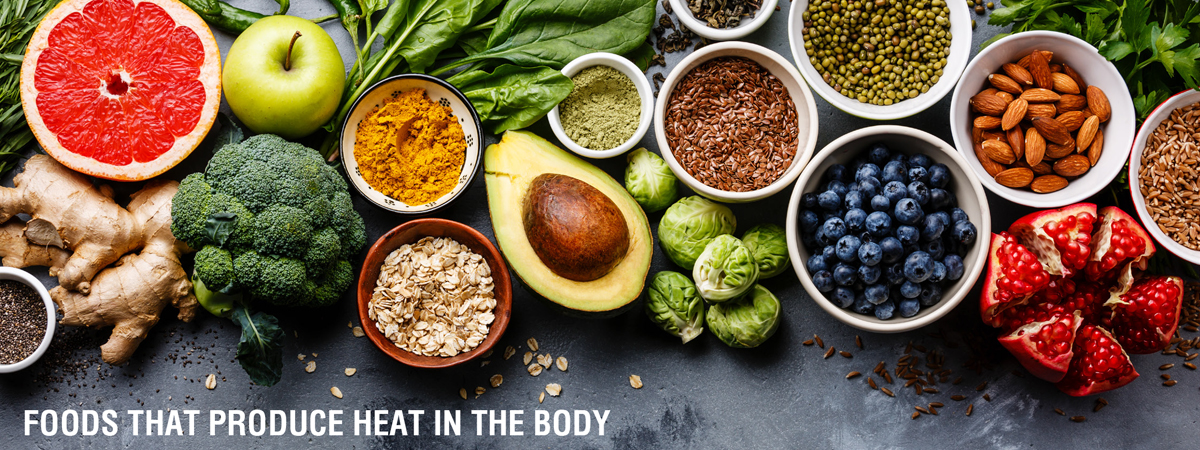Mild Obesity Also Risks COVID-19 Aggravation


Mild Obesity Also Risks COVID-19 Aggravation
The previous newsletter talked about how important it is to keep the ideal weight to live long. Recent developments have revealed that maintaining a healthy weight might help to fight COVID-19 as well. A report that even mild obesity is a risk factor for “The worsening of the novel coronavirus infection (COVID-19)” was published in the July 15 online version of the European Journal of Endocrinology.
It has been reported many times that obesity is a risk factor for the aggravation of COVID-19. However, most of these reports examined extremely obese persons with a BMI of 40 or more, and the effect of mild obesity was not apparent. This time, the study found that relatively mild obesity with a BMI of 30 to 34.9 was also a risk factor for respiratory failure and ICU admission. Matteo Rottoli and colleagues from the University of Bologna (Italy) studied 482 COVID-19 patients aged 18 years and older who were admitted between March 1 and April 20, excluding 34 without BMI data from 516 consecutive cases. The outcomes within 30 days of onset were compared by BMI category. Of patients with a BMI of 30 or higher, 54 (51.9%) had respiratory failure, 38 (36.4%) were admitted to the ICU, 26 (25.0%) required artificial respiration management, and 31 (29.8%) died within 30 days.
After adjusting for age, gender, hypertension, and type 2 diabetes, logistic regression analysis was used to examine the risk of aggravation in obese persons based on a group with a BMI of less than 30. As a result, the odds ratio (OR) of respiratory failure was 2.32 (95% confidence interval 1.31 to 4.09) with BMI 30 to 34.9, and ICU admission was OR4.96 (2.53 to 9.74), showing a significant increase in risk. Mortality within 30 days was non-significant at OR 1.71 (0.80-3.64). In patients with BMI 35 or higher with higher obesity, respiratory failure was OR3.24 (1.21 to 8.68), ICU admission was OR6.58 (2.31 to 18.7), and death within 30 days was OR12.10 (3.25 to 45.1). All were at significantly high risk.
Mr. Rottoli said, “Primary care physicians should be aware that not only severely obese people but all obese people are at risk of COVID-19 aggravation. Obese patients have a higher amount of virus in the body and a longer viral shedding than non-obese patients. Along with this, the disease period is likely to be longer.” Marc Siegel of the New York University (NYU) Langon Medical Center said, “Results are consistent with the clinical practice we are experiencing…. the reason is that obesity is a kind of chronic inflammatory condition and leads to a decrease in immune function.” He stressed that “hypertension, diabetes, heart disease, etc., which are likely to accompany obesity, are all risk factors for COVID-19 aggravation.” Rottoli advises obese people to lose weight carefully. “Weight loss is a surefire way to reduce the risk of COVID-19 in obese people over the medium to long term.”

How to increase your immunity by Dr. Anbo
There are sympathetic nerves and parasympathetic nerves in the autonomic nerves, but when busy, the sympathetic nerves are stimulated, the blood vessels contract, and blood flow is impaired. As a result, the complexion worsens, blood does not reach each organ, and the organs are burdened. Immune cells that fight viruses and bacteria are mainly active in the blood, so when the blood flow deteriorates, the immune system also weakens. It can be considered that the increased burden on the organs and the weakened immunity caused by blood flow disorder are the driving forces of the physical condition. The immune cells cannot work, the organs can’t work, and if this appears simultaneously, it is natural to get sick.
Blood flow and hypothermia are closely related. Increasing body temperature improves blood flow and activates the immune system. The activation of immunity means that the number of immunizations increases, and the immune cells become active. Most of the body temperature is made up of muscles, so it is to build muscles and use the body to stimulate heat from the muscles. By all means, women have few muscles and thin bodies, and those with a weak stomach tend to suffer from hypothermia and suffer from sickness.
Back to the list